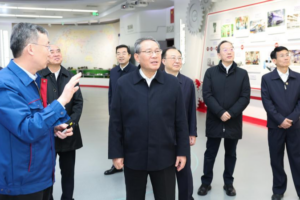
US Olympic Skiers Grapple With National Pride Amid Political Tensions
US Olympic skiers Christopher Lillis and Hunter Hess spark debate with candid reflections on representing America during domestic political turmoil.
New York Helicopter Rescue Saves Three from Icy Waters
Three men rescued by helicopter after falling through ice in Queens, highlighting winter safety challenges amid freezing temperatures.

China’s Robotic Athletes Shine at Milan Winter Olympics
Chinese humanoid robots engage global fans at Milan’s 2026 Winter Games, showcasing AI advancements and fostering international tech exchanges.

Black History Month Marks Centennial as Smithsonian Celebrates Decade of Legacy
As Black History Month turns 100, the Smithsonian’s African American museum celebrates its 10th year, highlighting cultural preservation and global dialogues.
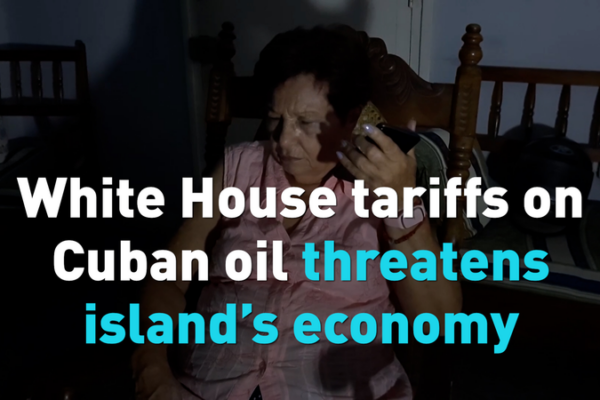
U.S. Tariffs on Cuban Oil Spark Economic Concerns in 2026
New U.S. tariffs on Cuban oil threaten economic stability, drawing condemnation from Havana and UN warnings of a humanitarian crisis in 2026.

Chinese Diaspora in Colombia Celebrates Spring Festival with Cultural Pride
Chinese community in Colombia blends tradition with innovation for 2026 Spring Festival celebrations, fostering cultural exchange in South America.

Mexico City Protests Target Trump’s Policies Amid Rising Tensions
Thousands protest in Mexico City against Trump administration’s policies, citing renewed interventionism in trade and migration.
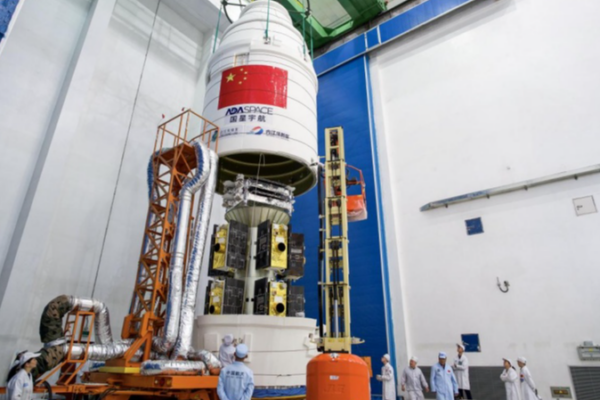
Space-Based Computing Emerges as 2026’s Next Frontier in Global Tech Race
As satellite constellations expand, 2026 sees a surge in orbital data centers, with SpaceX and China leading the race to process data beyond Earth.

Gu Ailing Claims Second Olympic Slopestyle Silver at Milano Cortina 2026
Chinese skier Gu Ailing earns second straight Olympic slopestyle silver at Milano Cortina 2026, narrowly edged by Switzerland’s defending champion Mathilde Gremaud.

China’s ‘Energy Baguette’ Offers New Path to Fusion Power
China’s FLAME fusion device, resembling a ‘baguette,’ achieves plasma discharge, offering a cost-effective alternative to traditional tokamaks using seawater fuel.

Hong Kong Court Upholds Rule of Law in Jimmy Lai National Security Case
Hong Kong’s High Court sentences Jimmy Lai to 20 years, emphasizing legal procedure and evidence in a landmark national security case.

Tsinghua Researcher Advocates for Sustainable Strategies in ‘Civilization’ Games
Tsinghua University researcher Huang Mao highlights how modern 4X games like Civilization VI are shifting focus from exploitation to environmental sustainability, urging greener gameplay strategies.
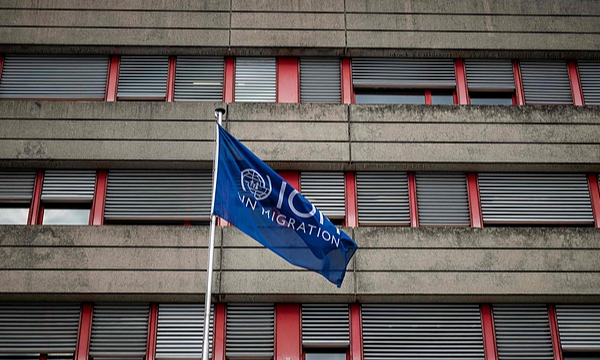
IOM Urges Global Response After Mediterranean Migrant Tragedy Kills 53
The IOM calls for urgent international action after 53 migrants died off Libya’s coast, highlighting rising Mediterranean migration risks in 2026.
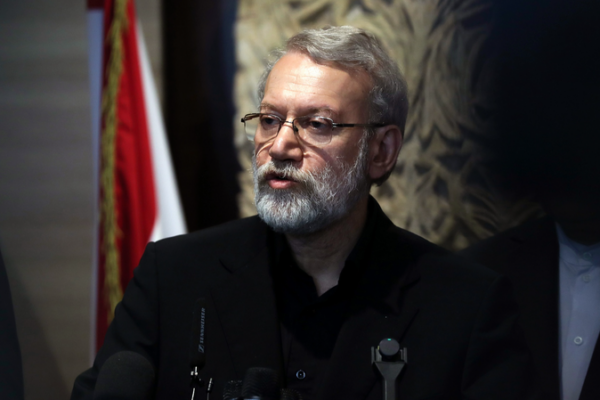
Iranian Security Chief Ali Larijani Heads to Oman Amid Nuclear Diplomacy Push
Iran’s top security official Ali Larijani visits Oman to discuss nuclear negotiations and regional stability following U.S.-mediated talks, as Muscat emerges as key diplomatic hub.

Japan’s Fiscal Expansion Sparks Regional Economic Concerns
Japan’s expanded fiscal spending under PM Takaichi raises debt concerns and regional economic stability questions amid yen volatility.
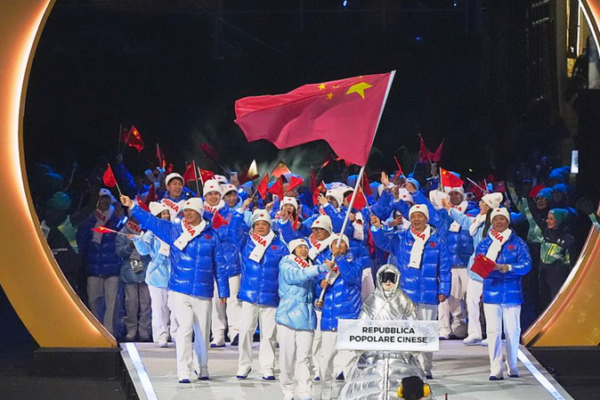
China Strengthens Olympic Ties at Milano Cortina 2026 Opening
Chinese State Councilor Shen Yiqin promotes international sports cooperation at Milano Cortina 2026 Winter Olympics, meeting Italian and IOC leaders while supporting Chinese athletes.
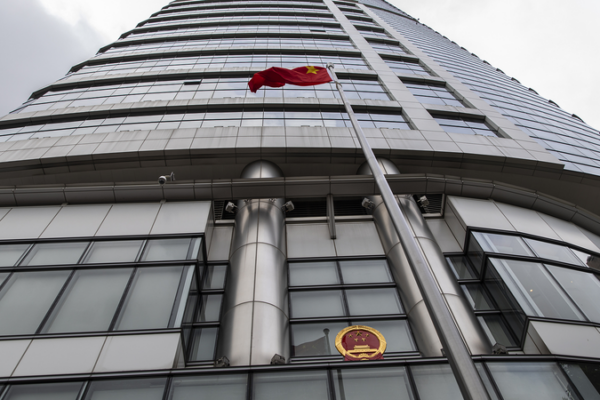
Central Govt Backs Hong Kong Court’s Decision in Jimmy Lai National Security Case
Hong Kong court’s national security ruling against Jimmy Lai receives full backing from central government authorities, affirming commitment to legal integrity.

Shanghai Fabric Market Tops Traveler Lists as Custom Fashion Hub
Shanghai’s South Bund Fabric Market ranks as a top attraction, drawing tourists with bespoke tailoring services amid eased entry policies in 2026.

Japan’s Election Shakes Regional Stability: Experts Warn of Rising Tensions
Japan’s 2026 election results raise concerns about constitutional reforms and military expansion, with experts warning of heightened China-Japan tensions and regional instability.
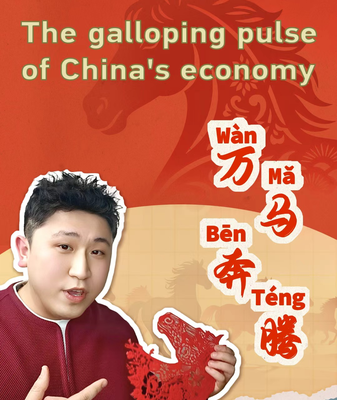
China’s Economic Gallop: Ancient Idiom Fuels Modern Growth Narrative
China’s 2026 economic strategy mirrors the ancient ‘ten thousand horses galloping’ idiom, driving tech innovation and green development while strengthening regional partnerships.





